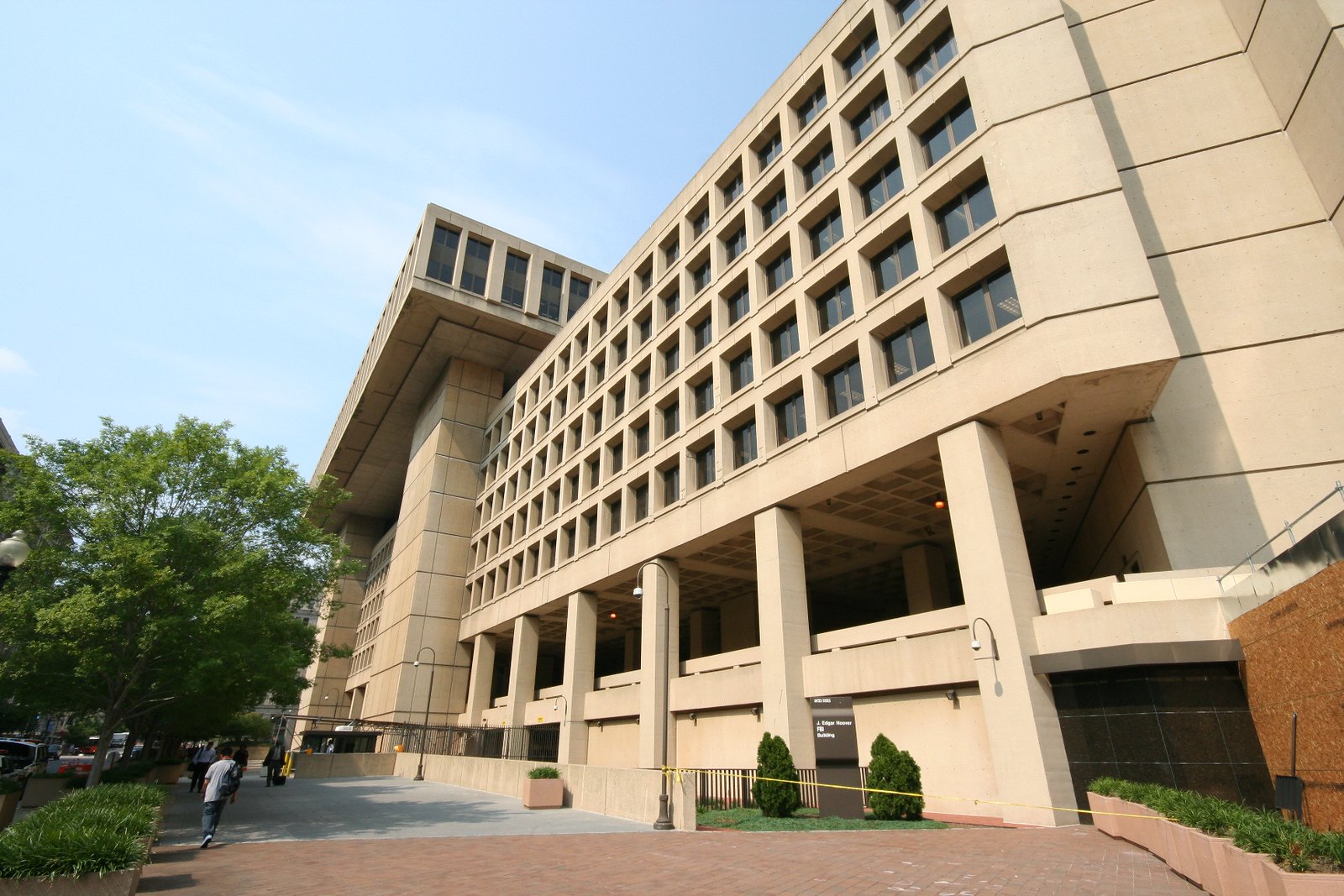The Public is Not that Fussed About the Surveillance State: Confidence in the Intelligence Community and its Authorities
As Congress is discussing reauthorization of Section 702, in the run-up to the statute’s December 31 sunset, we thought it worthwhile to begin asking monthly questions about public confidence in the intelligence community and comfort levels with its authorities. The data so far, the first round of which we collected from October 25-27, reflects general public disengagement with the 702 issue. That’s not great news for those who were hoping that public unease in the post-Snowden period would push politicians to adopt dramatic reforms.
Published by The Lawfare Institute
in Cooperation With

As Congress is discussing reauthorization of Section 702, in the run-up to the statute’s December 31 sunset, we thought it worthwhile to begin asking monthly questions about public confidence in the intelligence community and comfort levels with its authorities. The data so far, the first round of which we collected from October 25-27, reflects general public disengagement with the 702 issue. That’s not great news for those who were hoping that public unease in the post-Snowden period would push politicians to adopt dramatic reforms.
The lack of public agitation coupled with the underlying confidence in the intelligence community suggests that the 702 reform efforts, if they are to succeed, will have to be driven by energy other than public opinion considerations. The public has relatively high confidence in the intelligence community generally; it is relatively comfortable with the authorities the intelligence agencies wield; it is reasonably comfortable with privacy protections in the context of intelligence and law enforcement. But when asked whether authorities set to lapse should continue, a supermajority of respondents, 67 percent, said that they didn’t know or had no opinion. Of those with an opinion, they were nearly evenly divided between supporting reauthorization (17 percent) and either reforming the authorities or letting them expire (a combined 16 percent). We did not test particular legislative reforms that are under discussion, given the technical nature of the legislation. As Congress considers 702, in short, there appears to be little public groundswell for a particular outcome, leaving members of Congress at least a little freer to work towards a policy-driven outcome.
Confidence in the Intelligence Community Generally as a National Security Actor
As we reported last week, public confidence in the intelligence community as a national security actor is relatively high in general—significantly higher than confidence in any other institution about which we poll, save the military. Here are the October numbers, collected between October 25-27.

Male confidence in the intelligence community is higher than female. And younger respondents are less confident in it than is the public at large. But the support appears pretty broad-based across demographics and regions.
Comfort with Intelligence Community Powers and Privacy Protections
The confidence translates into a general comfort level with the intelligence community’s powers. We asked over the same time period: “How comfortable are you with the powers of the U.S. intelligence community? Do intelligence agencies in your view have not enough authority or do they have too much authority?” The response graph does not suggest strong public support for changing current authorities one way or another. The heavy plurality answer, at 43 percent of respondents, is “3”—an answer that reflects either comfort with the status quo or a lack of strong opinion about it. Only 32 percent of respondent suggest that the intelligence agencies have too much authority, while somewhat fewer (25 percent) contend it doesn’t have enough. Significantly, the balance between those urging more power and those urging more restraint is relatively even, with a plurality in the middle.

Women are somewhat more likely than men to choose “3,” the neutral answer, and the youngest respondents are somewhat less likely than are others.
This neutrality persists when we ask specifically about privacy protections, though the balance between the discontents does not. We asked: “Does American law protect privacy in the context of intelligence and law enforcement operations not strongly enough, appropriately, or too strongly?” An even stronger plurality of 46 percent, chose “3” in response, the answer reflecting equipoise against change. Again, women are somewhat more likely to choose the middle response than men.

The big difference is that on privacy, we see a decided imbalance between those who believe current protections are inappropriate, with many more choosing “1” and “2”—reflecting a desire for stronger privacy protections—than choosing “4” and “5”—reflecting a desire for less privacy. Fully 38 percent of respondents chose responses suggesting a desire for stronger privacy, while only 16 percent chose respondents reflecting a desire for looser privacy rules. Still, it’s notable than more respondents chose “3” than the sum of those choosing “1” and “2.”
No Groundswell of Support for 702 Reform or Sunset
Finally, our data offer no evidence of grave public anxiety about Section 702 as it comes up for reauthorization at year’s end. On the assumption that most people have never heard of 702, we didn’t ask about the law specifically, but we did ask: “Do you favor Congress’s letting certain surveillance authorities used by the FBI and NSA to spy on overseas targets without a warrant continue?” The overwhelming majority of respondents, fully 67 percent, chose “I don’t know/No opinion.” Among those who expressed an opinion, a slight majority said that “Congress should reauthorize these powers.” An almost equal number of those with an opinion would change the existing status quo, though those seeking change are divided. Most prefer “Congress should reform these powers” (9 percent), while a smaller number select “Congress should repeal these powers” (7 percent).
The remarkable level of ignorance and apathy on whether these authorities should continue, change, or end is consistent with the larger lack of strong opinion that the intelligence community, its authorities, or the privacy protections that bind it are off the rails in either direction.

Among those who expressed an opinion on reauthorization of current authorities, we asked two additional questions: “How concerned are you about NSA’s collection authorities?” and “How concerned are you about the FBI’s collection authorities?” Again, the results do not show any deep discomfort with current authorities. Thirty-four percent of respondents expressed little concern (either “1” or “2”) as to NSA authorities; a plurality of 29 percent expressed modest concern (“3”); and 37 percent expressed significant concern (either “4” or “5”). The FBI received similar numbers, with 33 percent choosing “1” or “2,” 29 percent choosing “3,” and 39 percent choosing “4” or “5.”


In other words, a large majority of respondents have not focused on the issue of surveillance authorities enough to have an opinion about 702 reauthorization; those that have slightly favor reauthorization; and those with a view are not overwhelmingly concerned about how either the FBI or the NSA are using their powers. If these numbers do not change in the coming months, given the general backdrop of confidence in the intelligence community, the lack of discomfort with the powers given it, and lack of discomfort with the privacy protections the law offers, we expect that the upcoming reauthorization debate will be one among experts and not strongly influenced by the public at large.







